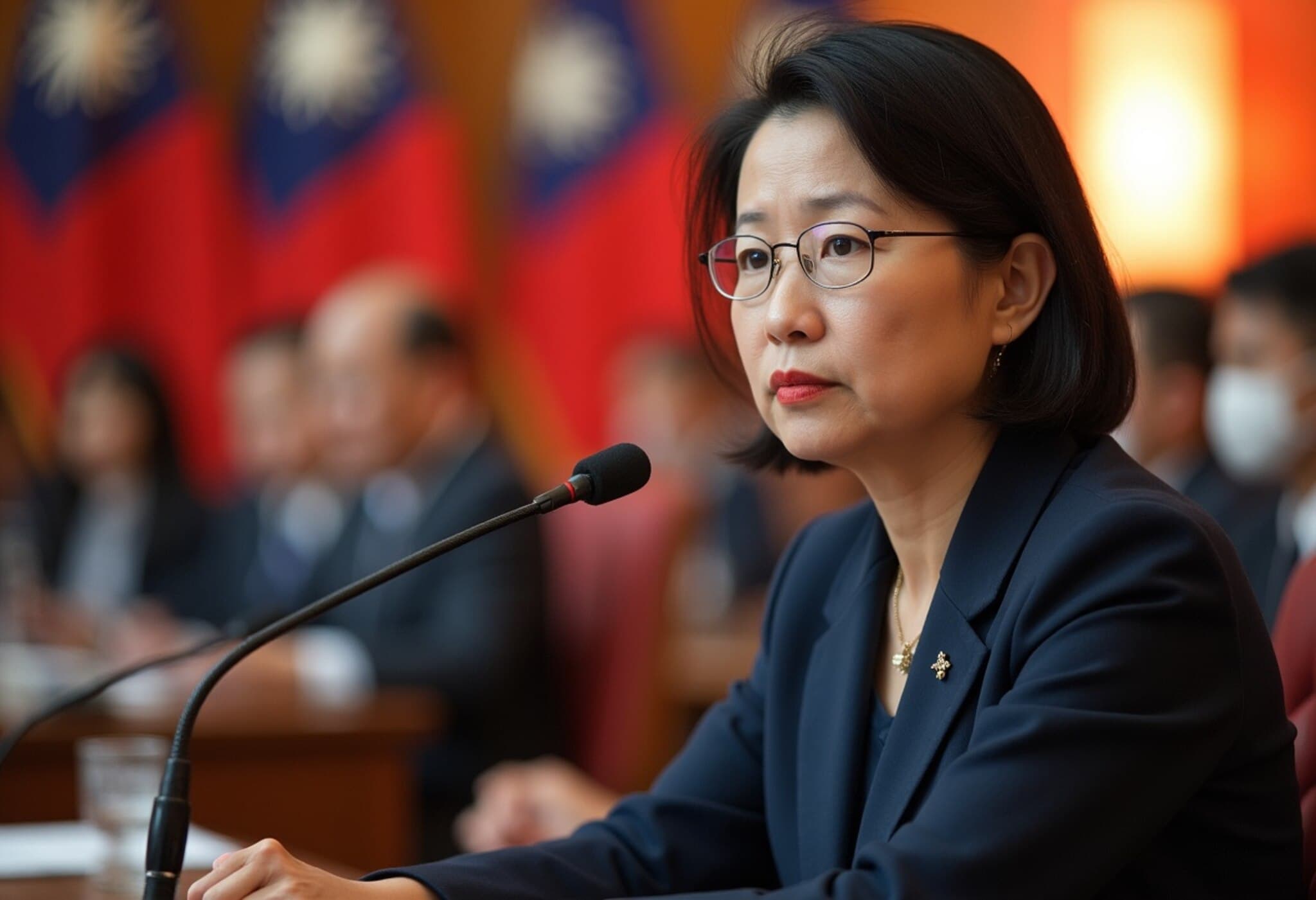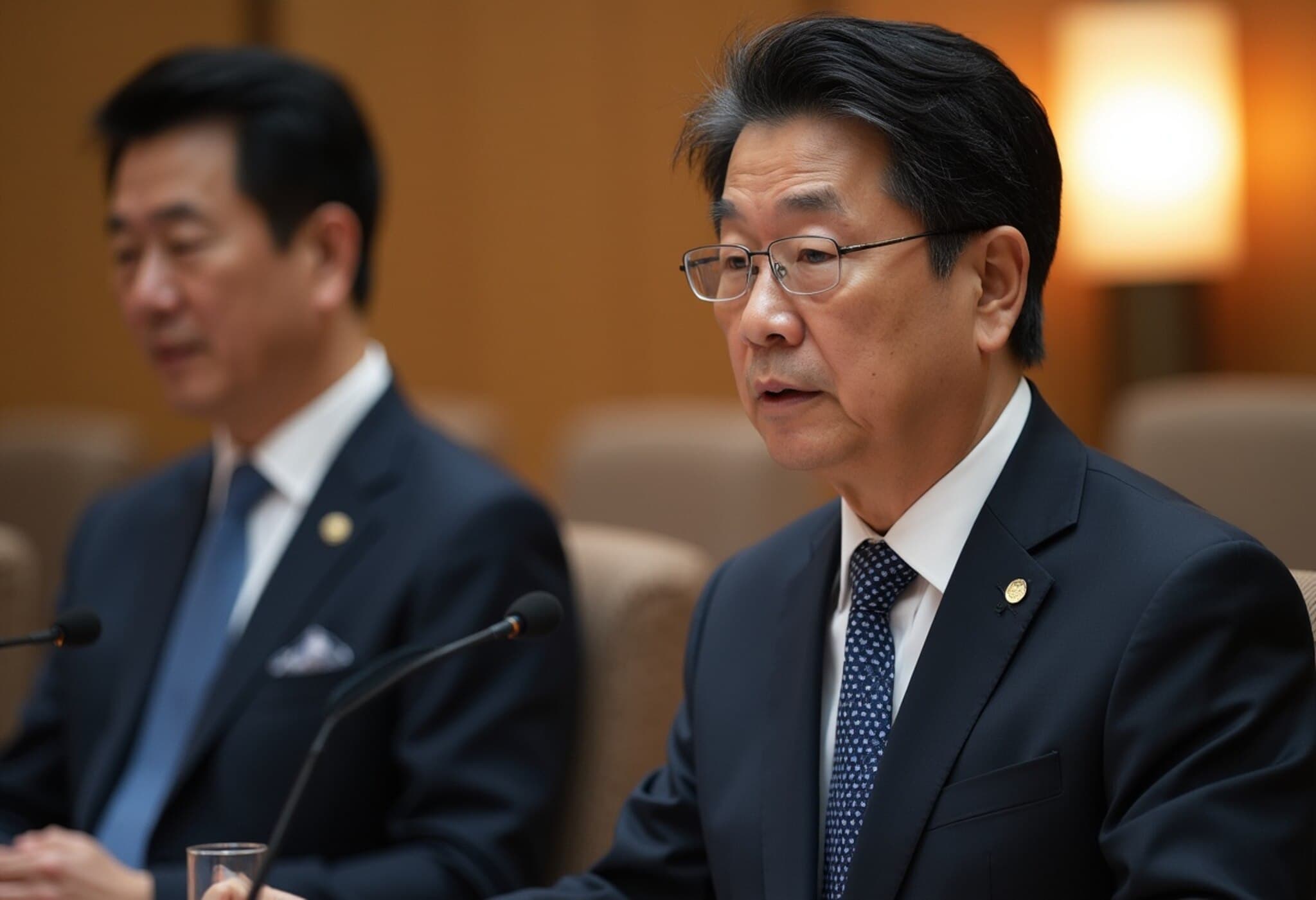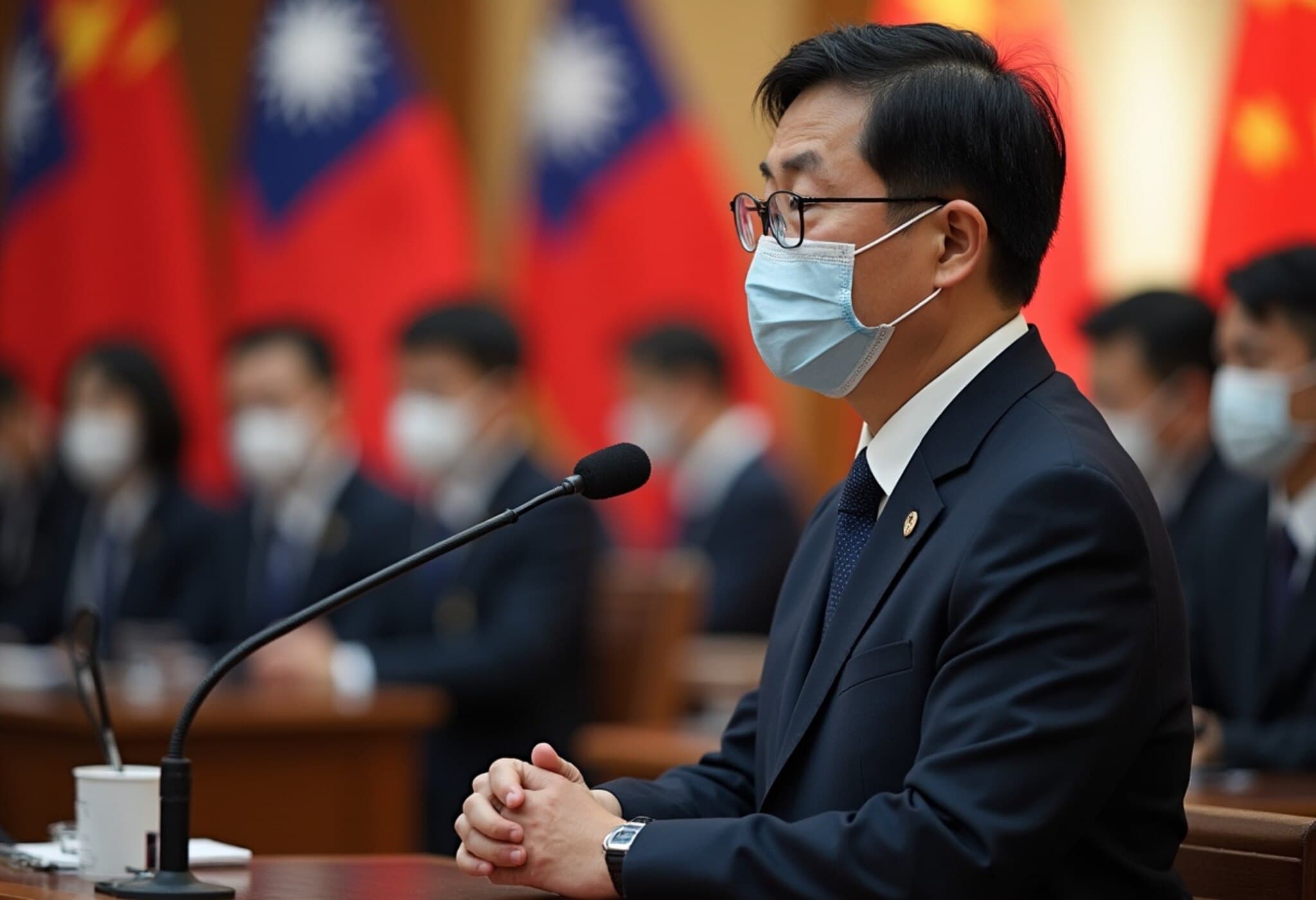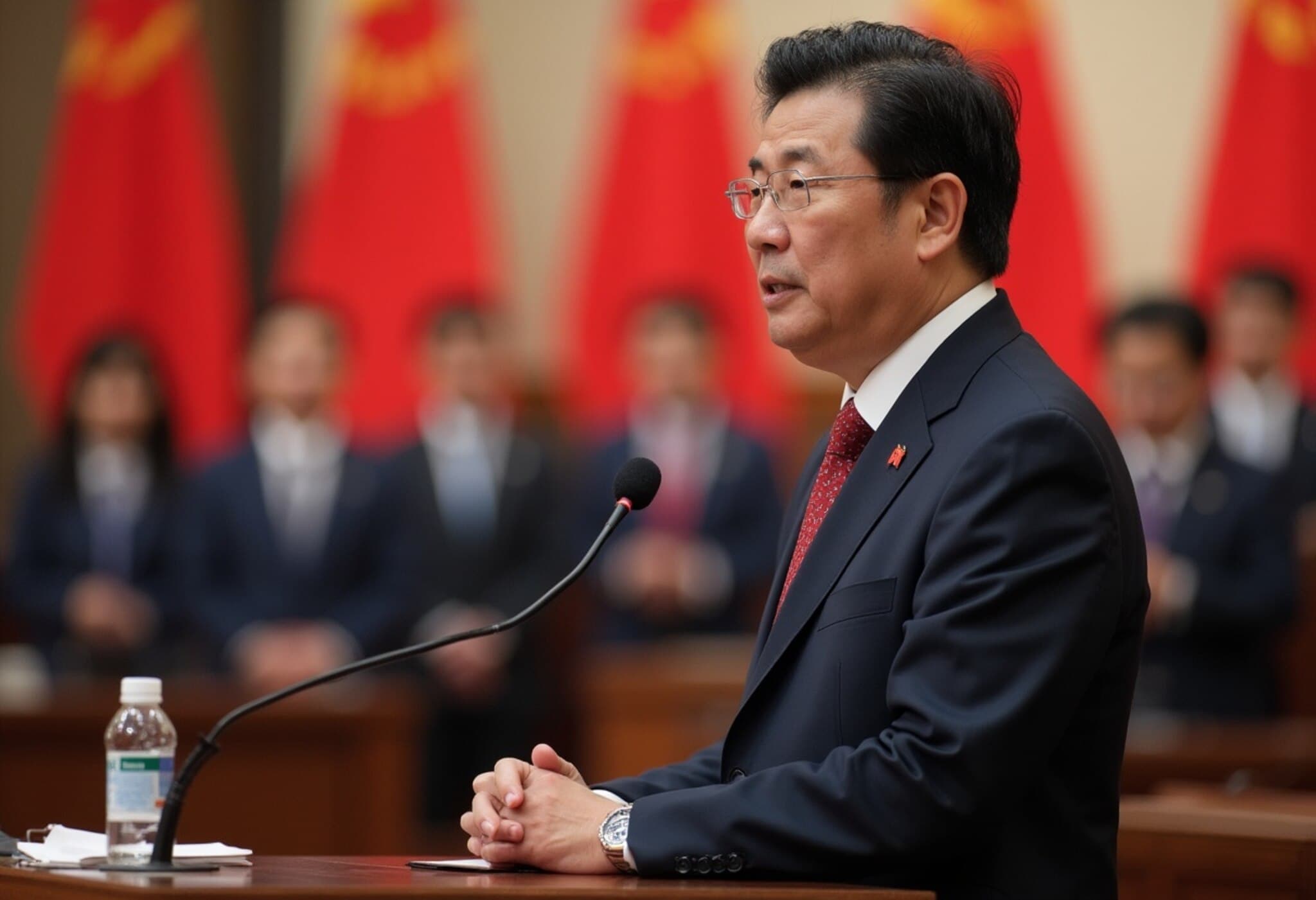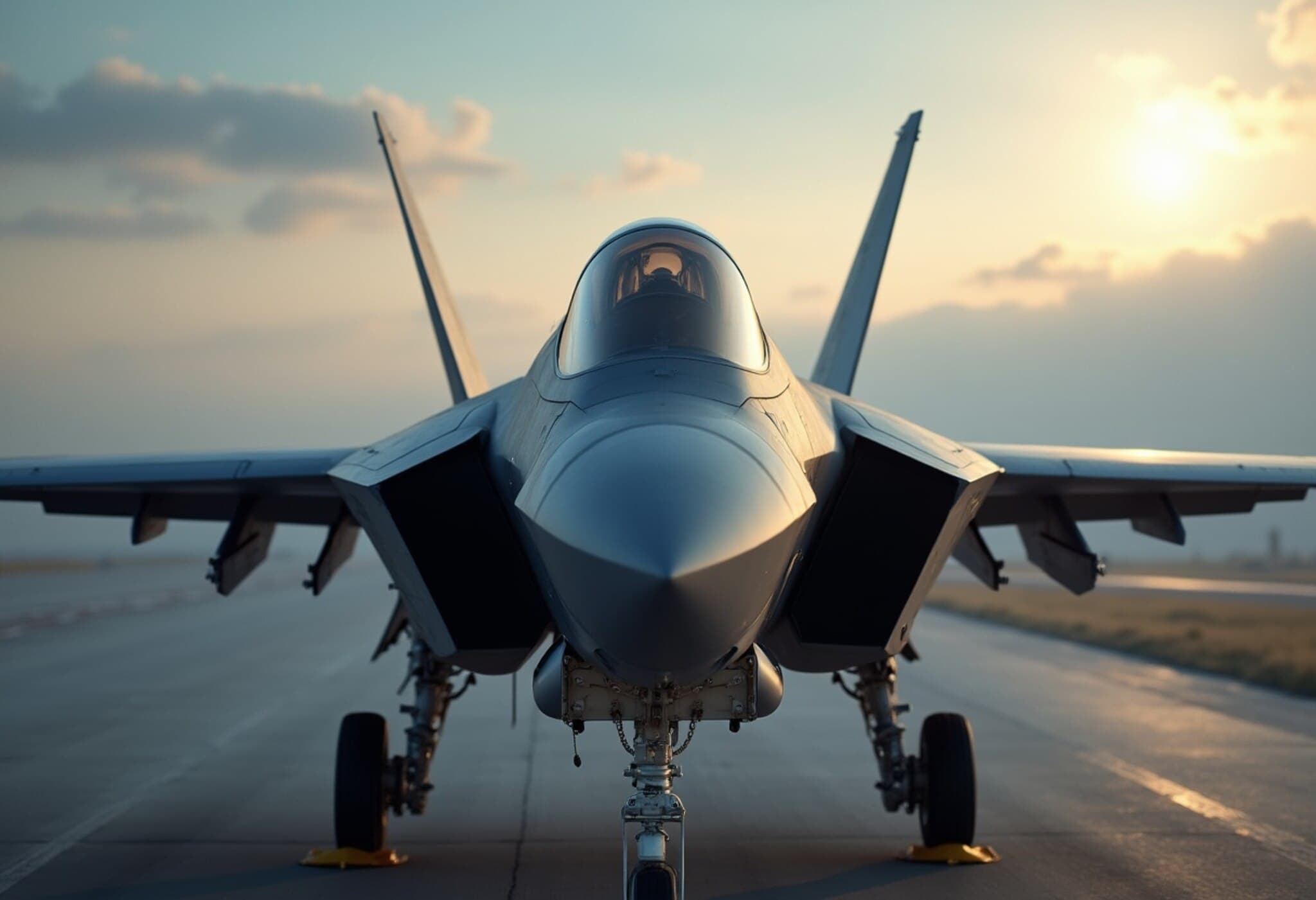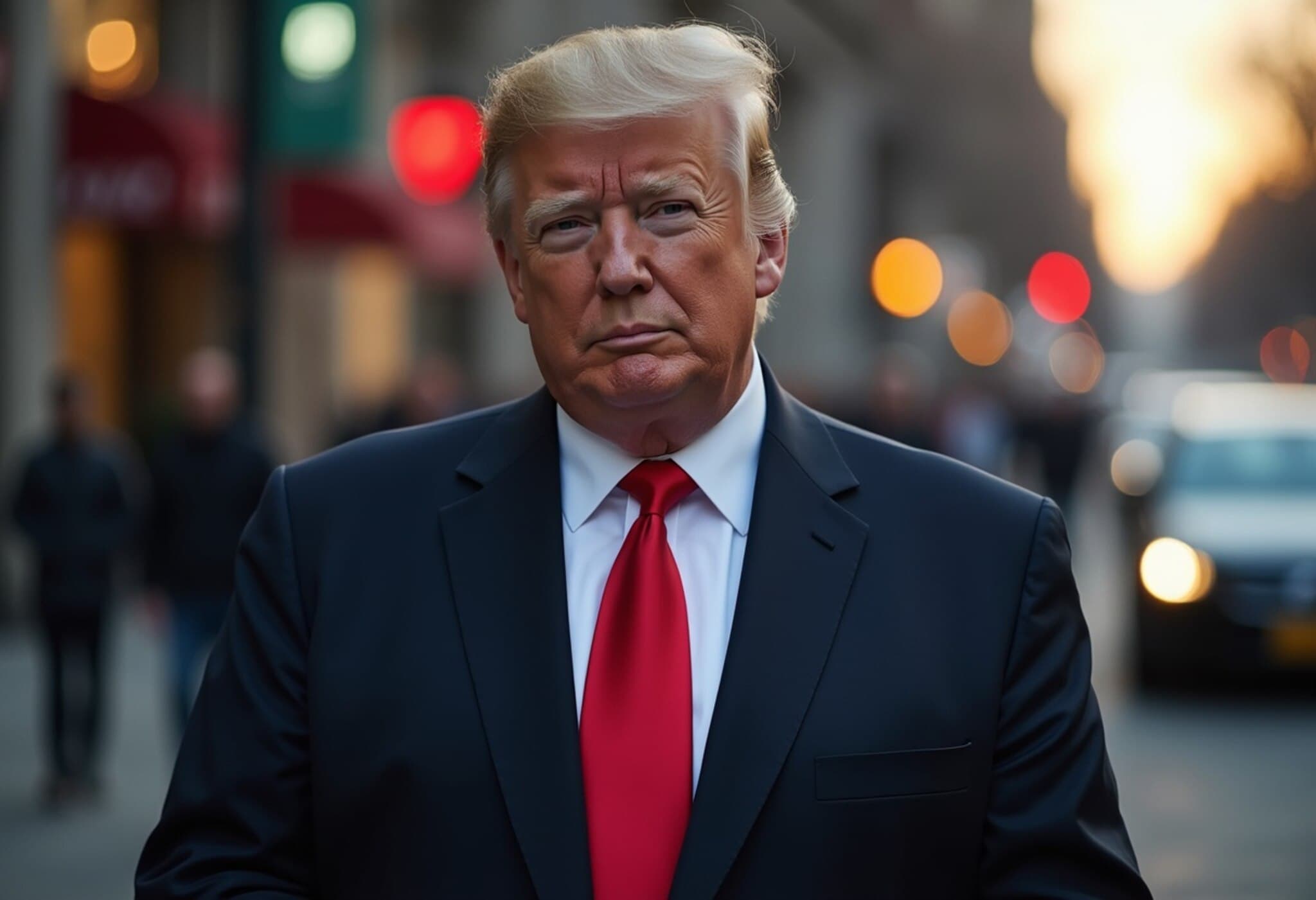Taiwan’s Recall Election: A Political Earthquake amid Cross-Strait Turmoil
As Taiwan approaches a pivotal recall election slated for July 26 and August 23, 2025, the island nation finds itself at the heart of a volatile political storm that could reshape its parliamentary landscape and exacerbate already fraught relations with China. President Lai Ching-te’s decisive endorsement of this sweeping recall campaign, targeting up to 31 opposition lawmakers, marks not only a critical moment in Taiwan’s domestic politics but also signals increased geopolitical tensions in the Asia-Pacific region.
The Dynamics Behind the Recall Drive
This unprecedented recall effort poses the potential to unseat over a quarter of Taiwan’s parliament — a scale rarely seen in its democratic history. Backers frame the initiative as a genuinely grassroots movement defending Taiwan’s democratic sovereignty against perceived threats. Yet, the opposition Kuomintang (KMT) party lambasts the campaign as a politically motivated ploy orchestrated by President Lai and his Democratic Progressive Party (DPP) to regain legislative dominance lost in the January 2024 elections.
The DPP, despite securing President Lai’s third consecutive term, lost its parliamentary majority then. Since, the KMT — known for its comparatively China-friendly stance — alongside the Taiwan People's Party, has advanced legislation viewed by many DPP supporters as efforts to curb presidential authority. Such maneuvers have deepened partisan divides in Taiwan’s vibrant democracy, setting the stage for this divisive recall push.
Strategic Stakes: Democracy, Sovereignty, and Regional Security
Underlying the recall campaign are broader questions about Taiwan’s future direction amid mounting Chinese aggression. Civil society groups spearheading recalls accuse KMT lawmakers of compromising Taiwan’s national security through cozy ties with Beijing, spotlighting debates over defense funding and sovereignty. The DPP’s eventual embrace of these recall drives — framed as empowering "the power of the people" — reflects a strategic move to reassert Taiwan’s autonomy and align more closely with U.S. interests.
- If successful, the recalls could restore DPP legislative strength, paving the way for bolstered military budgets and firmer U.S.-Taiwan collaboration.
- For China, this represents a red flag — a signal that Taiwan may further cement its resistance to Beijing’s unification ambitions amid ongoing military posturing.
- The KMT argues its cross-strait engagement is essential for economic stability and dialogue, despite Beijing’s rejection of official contacts with the Lai administration.
Information Warfare and Media Narratives
China’s state media and affiliated outlets have aggressively framed the recall drive as a power grab by the DPP, branding it "green terror" and warning of creeping dictatorship. This coordinated narrative overlaps with the KMT’s accusations of political manipulation, revealing an intricate web of information warfare. According to Taiwan’s IORG research, over 400 pieces on the recall were disseminated by Chinese state-controlled sources in the first half of 2025 — a clear indication of Beijing’s interest in influencing Taiwan’s political environment.
Conversely, Taiwan’s Mainland Affairs Council vehemently condemns Beijing’s interference, emphasizing that recalls are a democratic right held by Taiwan’s citizens alone. The DPP highlights the suspicious alignment between Beijing’s messaging and KMT rhetoric as evidence of covert collaboration aimed at destabilizing Taiwan’s democracy.
Voices from Both Sides
KMT officials, however, reject claims of pro-Beijing allegiance, insisting their efforts focus on maintaining open channels of communication rather than supporting China politically. Tony Lin, the party’s Culture and Communication Committee chair, describes the recall push not as a democratic crusade but as a necessary corrective against Lai’s perceived mismanagement and power consolidation.
Meanwhile, DPP leaders, including legislative caucus secretary general Wu Szu-yao, contend that China fears the recall’s success due to its broad public backing — underscoring the geopolitical implications entangled with Taiwan’s internal democratic processes.
What Lies Ahead?
The looming recall election transcends Taiwanese politics; it encapsulates the complex and often perilous balance between cross-strait relations, democratic resilience, and international alliances. With Taiwan’s sovereignty hanging in the balance, this electoral contest serves as a barometer for regional stability and the evolving contests of soft power in East Asia.
As the island faces mounting external pressures and internal divisions, the world watches closely. The outcome could redefine Taiwan’s legislative trajectory and illuminate the broader narrative of democratic survival in the shadow of a rising China.
Editor’s Note:
This recall election offers a vital lens into the fragility and vibrancy of Taiwan’s democracy amid external coercion and internal discord. Key questions endure: How will Taiwan balance cross-strait economic and security demands? What role will international partners like the U.S. play in supporting Taiwan’s democratic institutions? Observers should monitor these developments not only as political events but as crucial indicators of the geopolitical chess game reshaping the Indo-Pacific region.

